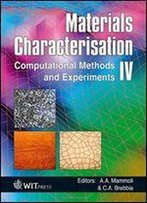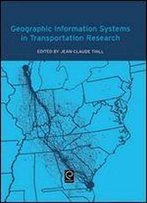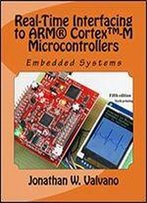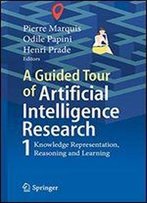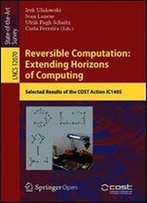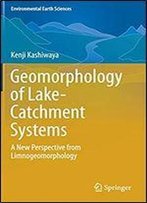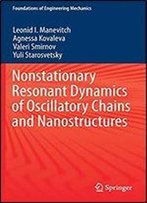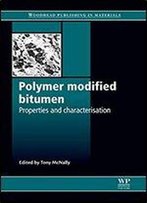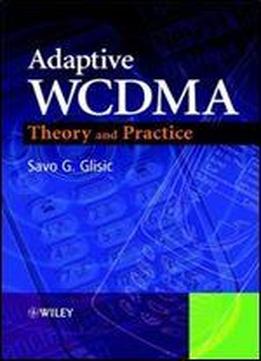
Adaptive Wcdma: Theory And Practice
by Savo G. Glisic /
2013 / English / PDF
9.3 MB Download
CDMA (Code Division Multiple Access) is one type of multiple access system used in radio communication. Other multiple access methods include TDMA, FDMA, etc. WCDMA (Wideband Code Division Multiple Access) is the main air interface used for third generation mobile communication systems UMTS (Universal Mobile Telecommunication System) and is characterised by a wider band than CDMA. WCDMA uses a wider radio band than CDMA, which was used for 2G systems, and has a high transfer rate and increased system capacity and communication quality by statistical multiplexing, etc. WCDMA efficiently utilises the radio spectrum to provide a maximum data rate of 2 Mbit/s. Third generation mobile communication systems are scheduled for operational startup in Japan and Europe in 20012002. Applying highspeed data transfer and stateoftheart radio terminal technology, third generations systems enable multimedia and are currently in the process of being standardised under 3GPP. Among the three types of system to be standardised (i.e. WCDMA, MCCDMA, UTRA TDD), Japan and Europe will adopt WCDMA in a strategy to take the lead through superior service. This volume will cover the latest theoretical principles of WCDMA and explain why these principles are used in the standards. Starting with a general overview, the more advanced material is then gradually introduced providing an excellent roadmap for the reader. Presents comprehensive coverage of the theoretical and practical aspects of WCDMA Provides a detailed roadmap by presenting the material stepbystep for readers from differing backgrounds Systematically presents the latest results in the field Ideal for Engineers, academics and postgraduate students involved in research and development, engineers involved in management and administration.
